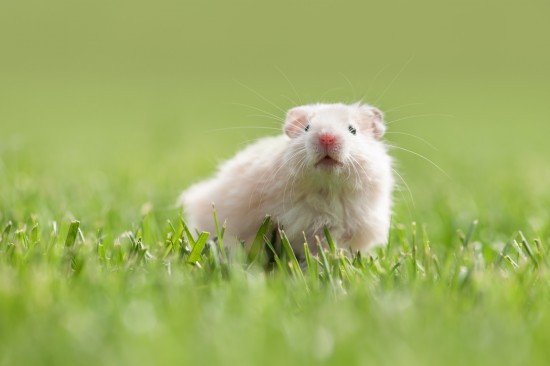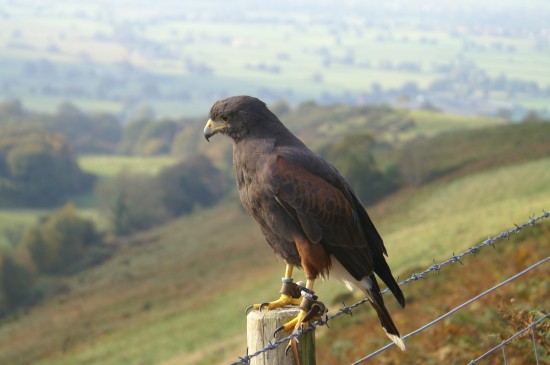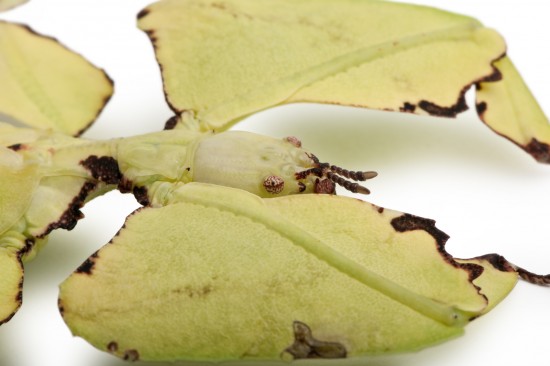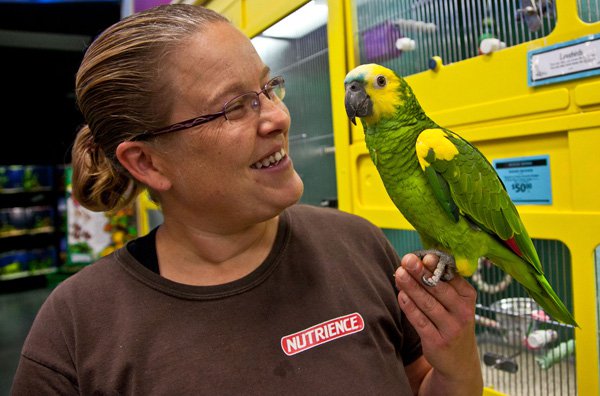
Caring for your horse isn’t always a galloping good time. Sometimes you will need a little help rustlin’ up the information about how to care for your equine. Caring for your horse can mean attending to your horse’s health, appearance, fitness needs, and more.
With a large animal that can mean a very large time commitment. Caring for your horse in a safe manner is very important. The second important thing is to make sure you have the best interests of your horse in mind at all times.
Caring for your horse is also very important. Horses make great companions. Caring for your horse during the coldest winter months may indeed challenge your commitment to horse ownership. I have yet to meet anyone who relishes the opportunity to chop ice out of frozen water buckets or wheel manure through snowy drifts in subzero weather.
Hoof dressing should not be overused. In fact, there are only a few instances when a hoof dressing is necessary or desirable. Hoof care is an essential part of grooming that requires you to clean out your horse’s feet on a daily basis. In addition, it’s a good idea to bathe your horse on a regular basis.
Worms in your horses manure mean that he is carrying dangerous, sometimes even deadly, parasites. Time for a deworming! Worms can cause weight loss, poor coat, and colic, which can be deadly. It is best to have your veterinarian test and deworm your horse, or advise you on what to use and when.
Horses are never to be out of their stalls without proper restraints. They must be wearing a halter and lead shank/rope, or bridle.
Horses are very tolerant of high nitrates. Toxic levels for humans are in the 45ppm range while there is little concern for horses up to 450ppm. Horses are generally solid in color and predominantly sorrels, bays, or browns, although all colors occur. Horses offered for adoption range from several months to nine years of age.
Horses are used for of protein digestibility and protein quality. There has been a sub- therapy. Horses are very much like humans in that they are social animals. They have distinct personalities, attitudes, and moods. Horses are as mainstream as apple pie.
Horses are tragic in the sense that most of them give all they’ve got and sometimes they suffer for it. Horses are not allowed in county parks or campgrounds, on beaches or nature trails. The Holy Cross Trail , about 8 miles northeast of Phillips, has also recently been developed specifically for horseback riding.
Horses are considered dead-end or incidental hosts because they do not maintain a sufficient level of the virus in their system to infect mosquitoes or other mammals. This means infected horses are not considered a threat to other horses and people will not contract the virus by caring for infected horses.
Gregory Wadel
Find the resources needed to maintain a healthy and happy horse.
http://yourhorseshealth.weebly.com
 Acute Caudal Myopathy In Dogs - Limber Tail Or Swimmer’s Tail
Acute Caudal Myop
Acute Caudal Myopathy In Dogs - Limber Tail Or Swimmer’s Tail
Acute Caudal Myop
 How To Train Your Hamster
How To Train Your
How To Train Your Hamster
How To Train Your
 Guide To Beginning Falconry
Guide To Beginnin
Guide To Beginning Falconry
Guide To Beginnin
 Keeping A Pet Leaf Insect
Keeping A Pet Lea
Keeping A Pet Leaf Insect
Keeping A Pet Lea
 The Science Behind Why Cats Land on their Feet
The Science Behind Why Cats Land on their Feet
The Science Behind Why Cats Land on their Feet
The Science Behind Why Cats Land on their Feet
Copyright © 2005-2016 Pet Information All Rights Reserved
Contact us: www162date@outlook.com